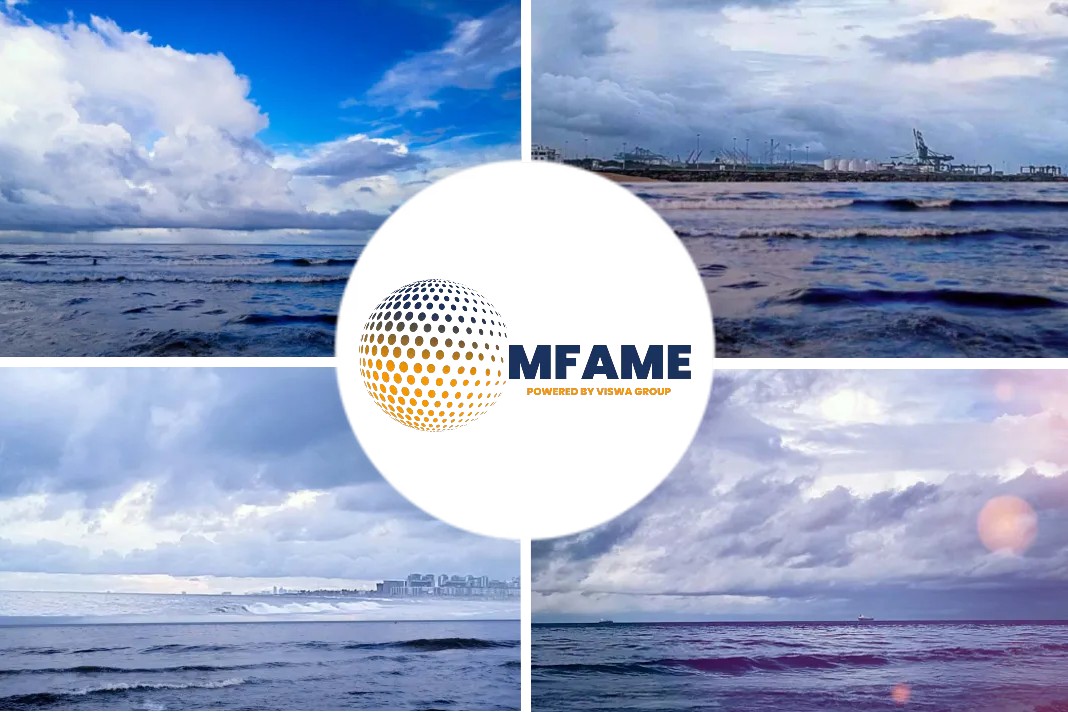 Several serious incidents have initiated CICs from the major port states. The CIC on Stability in General by the Paris and Tokyo MoUs will be carried out from 1 September to 30 November 2021.
Several serious incidents have initiated CICs from the major port states. The CIC on Stability in General by the Paris and Tokyo MoUs will be carried out from 1 September to 30 November 2021.
The Black Sea, Indian Ocean, Mediterranean, Riyadh and Vina del Mar MoUs will join this initiative, whereby the Caribbean MoU, US Coast Guard and AMSA have their own CIC or local inspection campaigns, says an article published on dnv website.
Upcoming CIC
Paris MoU and Tokyo MoU CIC on Stability in General
The common CIC on Stability in General was developed by the Paris and Tokyo MoUs and scheduled for 2020. Due to the COVID-19 pandemic, it was postponed for one year. The motivation for the CIC on Stability in General is several serious incidents due to incorrect ship loading conditions or missing intact stability documentation on board.
DNV would like to remind customers about the similar Paris MoU CIC on Tanker Damage Stability in 2010, where the main focus was on the IMO stability requirements for tankers. Therefore, for the upcoming CIC, DNV expects the focus will be set on the stability booklet and loading computer.
Any deficiencies found during the CIC on Stability in General will be reported in the PSC inspection report with the related PSC Code. The deficiency codes related to this CIC are likely to be the following:
01313 – Booklet for bulk cargo loading/unloading/stowage
01316 – Cargo information
01317 – Cargo Record book
01321 – Endorsement of cargo booklet
01326 – Stability information booklet
02102 – Damage Control Plan
02103 – Stability/strength/loading information and instruments
15150 – ISM
Finally, all stability-related deficiencies mostly affect the Safety Management System (SMS) and can trigger an ISMrelated deficiency, especially if they are numerous or reoccurring. Therefore, for deficiencies found during this CIC, a specific ISM-related item might be part of the final checklist for the CIC.
Caribbean MoU CIC on Ballast Water Management
The Caribbean MoU will conduct a CIC on Ballast Water Management. This CIC will be carried out in the second half of this year and will last for three months, but until now neither details nor dates have been published.
US Coast Guard CIC on the implementation of emergency procedures and cyber risks
The USCG is currently running a CIC limited to US-flagged vessels. As a result of investigations of the MV EL FARO incident in 2015, the USCG carries out inspections on the ISM Code seeking evidence of the implementation of emergency procedures and cyber risks.
The CIC is based on the USCG guidance on emergency preparedness, which can be found in the Marine Safety Information Bulletin MSIB-16-20. A nonexhaustive list of 21 emergency scenarios was issued in CVC-WI-004(2): U.S. Flag Interpretations on the ISM Code.
Focused Inspection Campaign (FIC) by AMSA for livestock carriers, ongoing until 31 August 2021
According to AMSA, the aim of the FIC is to draw the attention of shipowners and operators to the regular necessary maintenance on livestock carriers and to check the familiarity of the Master and officers regarding the different stability conditions of their ship.
The FIC is not part of a PSC inspection, and data about the FIC inspection will not be transferred to the regional PSC regime database. However, in case an FIC inspection finds deficiencies, the PSCO may proceed to a full PSC inspection, which will be recorded in the regional PSC database.
Summary
- The CIC on Stability in General by the Paris and Tokyo MoUs will be carried out from 1 September to 30 November 2021.
- The common CIC on Stability in General was developed by the Paris and Tokyo MoUs and scheduled for 2020.
- The Caribbean MoU will conduct a CIC on Ballast Water Management.
- The USCG is currently running a CIC limited to US-flagged vessels.
- According to AMSA, the aim of the FIC is to draw the attention of shipowners and operators to the regular necessary maintenance on livestock carriers and to check the familiarity of the Master and officers regarding the different stability conditions of their ship.
Did you subscribe to our daily newsletter?
It’s Free! Click here to Subscribe!
Source: dnv.com















